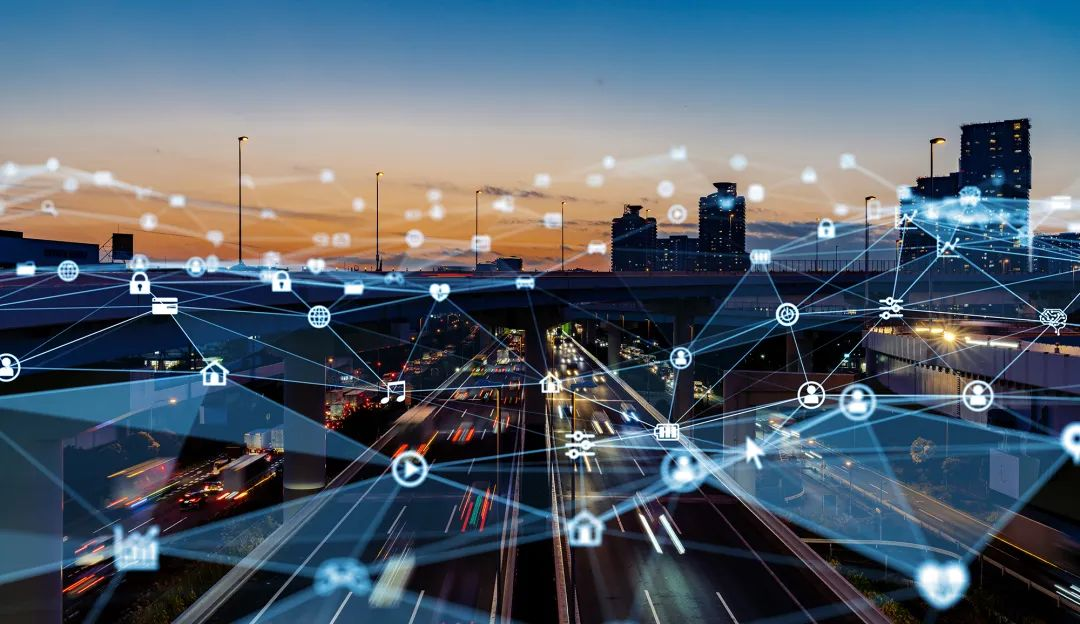At the conclusion of the 2022 "Two Sessions" held this month, many representatives made impressive suggestions to promote the development of the "sharing economy." Among them, National People's Congress representative Zhou Hansheng stated: "In the context of multiple pressures on our country's economic development, the recurring COVID-19 pandemic, and the complex and ever-changing international economic environment, developing platform economy and sharing economy, and promoting flexible employment, is an important strategy to respond to the economic situation."

What is the sharing economy?
The term "sharing economy" was first coined in 1978 and refers to institutions or individuals with idle resources sharing the rights to use those resources for a fee in order to gain returns, thereby creating value from idle resources.
After the year 2000, with the advent of the web 2.0 era, users began to express opinions and share information with strangers in cyberspace, but this did not involve any physical delivery or monetary compensation.
Around 2010, with the emergence of a series of physical sharing platforms like Uber and Airbnb, sharing began to evolve into a "sharing economy" primarily aimed at obtaining certain rewards, based on strangers and involving the temporary transfer of the rights to use items.
The sharing economy creates value in two ways: resource owners earn income by utilizing idle resources; resource users obtain resources at a lower cost to meet their needs.
In recent years, the wave of the sharing economy in the Chinese market has gradually emerged in cities such as Beijing, Guangzhou, and Hangzhou. Following shared bicycles and shared cars, new forms of sharing economy such as shared power banks, shared basketballs, and shared umbrellas have continuously emerged, becoming a new "hot spot" for capital investment.
The Risks and Opportunities of the Sharing Economy in the New NormalDuring the pandemic era, the online work and lifestyle model has had a significant impact on people's lives and has severely affected the development direction of the sharing economy. According to the "China Sharing Economy Development Report (2022)" recently released by the National Information Center, the market transaction scale of the sharing economy was approximately 36,881 billion yuan in 2021, representing a year-on-year growth of about 9.2%. The report indicates that there is a prominent imbalance in development across different sectors, with rapid growth in online food delivery, office space, production capacity, and knowledge and skills, while the market transaction scale in the shared accommodation sector saw a year-on-year decline of 3.8%.The pandemic has exacerbated the difficulties faced by sharing economy enterprises, but in the long run, it has also brought development opportunities. Against the backdrop of the pandemic's comprehensive impact on the economy leading to reduced incomes, on one hand, people's focus on saving money and convenience has prompted them to use shared goods and services more frequently. On the other hand, with the hope of increasing their income, more people are willing to become providers of shared goods and services.During the pandemic, some interesting innovations emerged: shared business began to shift from the C-end (consumer side) to the B-end (business side). For example, the case of "shared employees" where staff from restaurants like Xibei work at Hema. This reminds companies that when facing special circumstances in their operations, they should consciously combat risks and transition from a heavy asset model to a light asset model. B-end sharing enhances the flexibility of resource utilization, helping businesses manage risks and improve efficiency. Finding more effective ways to utilize resources is an eternal topic in the business world; reducing costs and increasing efficiency, as well as expanding sources and saving expenses, will be the top choice for companies this year.
Traditional data centers are migrating to multi-tenant data centers and the cloud. Interestingly, the B2B model of the sharing economy is also emerging in the data center field. Multi-Tenant Data Centers (MTDC) are the main players in this transformation.The large-scale expansion of the Internet of Things (IoT) and its related technological requirements are driving an increasing demand for data centers; many infrastructures need to be upgraded. According to IoT Analytics, the number of globally connected IoT devices is expected to grow by 9% in 2021, reaching 12.3 billion active endpoints. By 2025, there could be over 27 billion IoT connections. The amount of data captured, processed, and stored in the future will grow exponentially. Establishing data centers, as well as data storage and management, will consume significant costs and resources. Additionally, fully optimizing data centers to eliminate latency, reduce downtime, and meet the compatibility of ever-changing standards will also pose a considerable challenge.Businesses need a more cost-effective and flexible option than private data centers, while also gaining more control than what cloud services offer. What kind of data center strategy is effective? The answer is MTDC. Transitioning to an MTDC architecture has become an essential path to ensure business agility in the internet service industry.According to Gartner, by 2025, 80% of companies will migrate their data and workloads from on-premises data centers to MTDC, colocation, and the cloud, gradually shutting down their traditional data centers.MTDC Creates a New Model of "Shared Economy" for Data CentersMulti-Tenant Data Centers (MTDC), also known as colocation data centers, provide organizations with space leasing and related services to store their data. It operates like a real estate business, subleasing space to clients while supporting their requirements for construction, cooling, power, bandwidth, and physical security.Companies can choose to outsource all or part of their data center solutions to MTDC, managing some core resources internally through self-built data centers while using MTDC and cloud computing services for data storage. This not only helps clients flexibly scale on demand and reduce costs but also eliminates many potential risks.Outsourcing data center operations can bring significant benefits to businesses in terms of cost, uptime, and security: enabling rapid deployment of both low-density and high-density applications; ensuring strict service level agreements with MTDC, allowing for quick scaling to meet higher-speed technology and application demands; gaining maximum flexibility to prepare for the future; and reducing total cost of ownership.Artificial intelligence and machine learning are evolving towards the edge, driving the digital transformation of MTDCs (Multi-Tenant Data Centers). Driven by the Internet of Things (IoT) and smart city applications, large data center providers are turning to artificial intelligence (AI) and machine learning (ML) to help create and refine data models. AI and ML significantly increase the volume of data transmitted, which also leads to higher transmission costs. Finding a balance between providing the highest quality of service at the lowest cost is essential.Edge data centers, located close to where data is generated, are becoming increasingly important solutions, with a significant portion of edge computing deployed in MTDCs. Edge data centers work in conjunction with MTDCs to provide customers with more comprehensive services. MTDCs can offer the lowest local data center deployment risks and achieve returns the fastest.Advancements in AI and ML enhance system reliability, energy efficiency, and security while reducing operational costs. Driven by AI and ML, MTDCs are accelerating their digital transformation.
Address: Xuanwu Lake, Xuanwu District, Nanjing City, Jiangsu Province Copyright © 2022 Hardware Machinery All Rights Reserved< a href=" https://beian.miit.gov.cn/ Target="-blank" rel="nofollow">Su ICP123456













